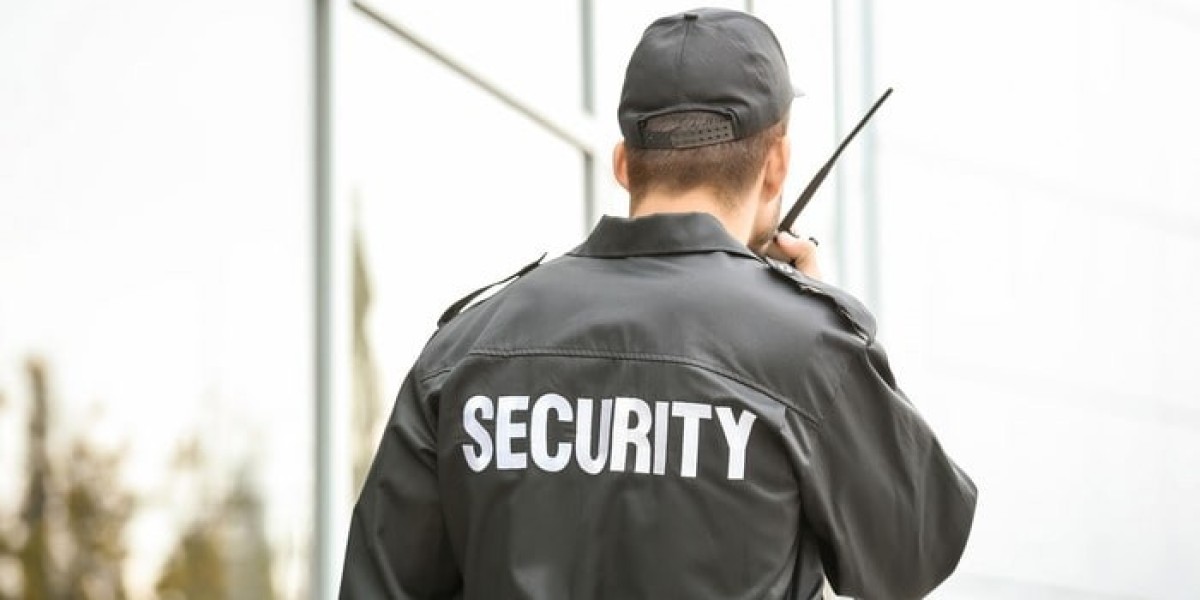Effective communication is the cornerstone of successful security operations, especially for crowd controllers. In environments where large groups of people gather—whether for entertainment, sports, or social events—ensuring safety and order requires more than just physical presence. It demands clear, concise, and strategic communication. This article explores why communication is vital for crowd controllers and how it influences the overall success of security operations.
Understanding the Role of Crowd Controllers:
Crowd controllers, often referred to as security guards or bouncers, are responsible for managing groups of people to prevent disturbances, ensure safety, and enforce rules. They operate in diverse settings such as concerts, festivals, shopping centers, or sporting events. Their tasks can range from monitoring behavior to diffusing tense situations, making their ability to communicate effectively a critical component of their role.
The role of crowd controllers extends beyond physical enforcement. They act as the primary link between event organizers, law enforcement, and attendees. Communication enables them to maintain control while minimizing disruptions, ensuring that all parties understand the expectations and protocols in place.
Communication as a Tool for Preventing Escalation:
One of the most significant benefits of effective communication is the prevention of conflict escalation. In crowded environments, tensions can rise quickly due to misunderstandings, frustrations, or misbehavior. A skilled crowd controller who communicates calmly and clearly can de-escalate a situation before it turns into a serious incident.
For instance, using assertive yet respectful language can help address unruly individuals without provoking aggression. Providing clear instructions or explanations about rules and consequences can also reduce resistance and foster compliance. This proactive approach minimizes the need for physical intervention, enhancing the safety of everyone involved.
Collaboration Among Security Teams:
Crowd control is rarely a solo endeavor. Effective communication among team members is essential for coordinated responses to potential threats or emergencies. Security teams often rely on radios, hand signals, or verbal cues to relay information quickly and discreetly. Miscommunication or delays in sharing information can result in missed opportunities to address risks or prevent harm.
For example, if one section of a venue becomes overcrowded, timely communication between crowd controllers can help redistribute attendees to safer areas. Similarly, alerting the team to suspicious behavior or a medical emergency ensures a swift and organized response. Clear communication fosters teamwork, enabling the entire security operation to function as a cohesive unit.
Enhancing Attendee Experience:
Effective communication also plays a significant role in shaping the experience of event attendees. Crowd controllers who interact professionally and courteously with guests contribute to a positive atmosphere. Providing clear directions, answering questions, and addressing concerns can make attendees feel valued and secure.
In contrast, poor communication can lead to confusion, frustration, and even hostility among guests. For example, unclear instructions about entry procedures or restricted areas can create bottlenecks or disputes. By prioritizing clear and polite communication, crowd controllers can enhance both safety and attendee satisfaction.
Communication During Emergencies:
In emergency situations, communication becomes even more critical. Crowd controllers must quickly convey instructions to large groups of people, often in high-stress and chaotic environments. Their ability to remain calm and articulate under pressure can prevent panic and ensure orderly evacuations or responses.
For example, during a fire evacuation, clear and authoritative communication is essential for directing attendees to exits and keeping pathways clear. Confusing or contradictory messages can exacerbate the situation, putting lives at risk. Crowd controllers trained in emergency communication protocols can save lives by providing clear guidance and reassurance.
The Role of Technology in Modern Communication:
Advancements in technology have significantly enhanced the communication capabilities of crowd controllers. Tools such as two-way radios, mobile apps, and surveillance systems allow for real-time information sharing and decision-making. These tools help security teams stay informed and respond quickly to developing situations.
However, technology is only as effective as the people using it. Crowd controllers must be trained to use these tools efficiently, ensuring that they can leverage technology to improve communication rather than hinder it. Combining human expertise with technological support creates a robust framework for security operations.
Training and Development for Effective Communication:
The importance of communication skills underscores the need for comprehensive training programs for crowd controllers. Training should include scenarios that simulate real-life situations, allowing personnel to practice their verbal and non-verbal communication skills. Topics such as conflict resolution, cultural sensitivity, and stress management should also be included to enhance their ability to connect with diverse audiences.
Regular training and feedback sessions can help crowd controllers refine their communication skills, ensuring they remain effective in their roles. Investing in this aspect of professional development not only improves security outcomes but also boosts the confidence and morale of the personnel.
Final Thought:
Communication is the backbone of successful crowd control and security operations. From preventing conflicts to managing emergencies, the ability to convey clear and effective messages is crucial for ensuring safety and order. By prioritizing communication skills through training and leveraging modern technology, crowd controllers can enhance their performance and contribute to a secure and positive environment for all.



